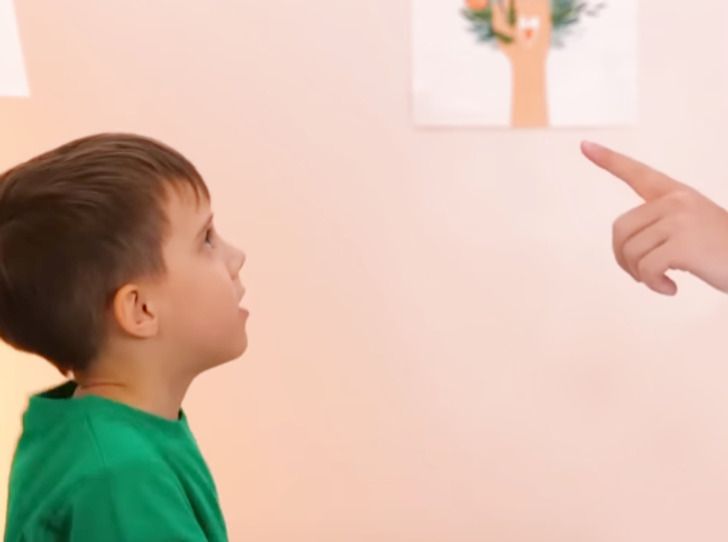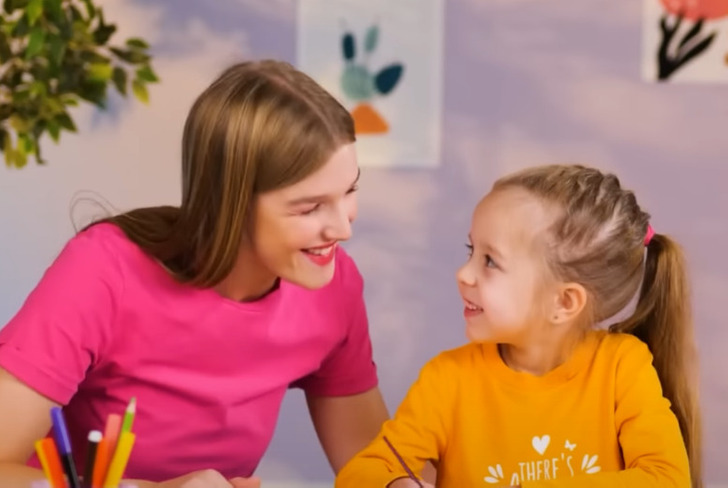Unveiling the Reasons Behind Children’s Lies and How to Tackle it with Confidence
In the complex journey of childhood development, lying is a common behavior that parents and caregivers often encounter. Understanding why children lie and how to address this behavior is crucial for fostering trust and honesty. In this article, we delve into the psychology behind why children lie and provide practical strategies for parents to navigate this challenging terrain. Join us as we explore the world of childhood deception and offer guidance on nurturing truthfulness and integrity in young hearts.
Why children lie

Children may lie for various reasons, and understanding these motives is essential to address the issue effectively. Here are some common reasons why children lie:
- Fear of Punishment: Children often lie to avoid getting into trouble or facing consequences for their actions. They may fear scolding, loss of privileges, or physical punishment.

- Imagination and Fantasy: Young children have vivid imaginations, and their lines between reality and fantasy may blur. They might tell stories that seem like lies, but are actually a result of their creativity.
- Desire for Approval: Some children lie to gain approval or praise from parents, caregivers, or peers. They may believe that telling a certain story will make them more likable or admirable.

- Avoiding Embarrassment: Children may lie to hide mistakes or socially embarrassing situations. This can include things like bed-wetting or poor performance in school.
- Peer Pressure: As children grow older, peer pressure can lead them to lie to fit in with their friends or maintain their social status.
How to prevent lying in children

- Foster Open Communication: Create a safe and non-judgmental environment where children feel comfortable sharing their thoughts and feelings. Encourage them to be honest and open about their experiences.
- Be a Positive Role Model: Demonstrate honesty in your own actions and interactions. Children often emulate the behavior of adults they admire.

- Empathize and Understand: When a child does make a mistake or behaves dishonestly, try to understand their perspective and feelings. Avoid harsh punishment and instead focus on teaching the value of truth.
- Teach Consequences: Help children understand the consequences of lying, both in terms of trust and the impact on others. Emphasize the importance of honesty in building strong relationships.

- Encourage Problem-Solving: Teach children problem-solving skills, so they can address challenges or mistakes without resorting to lies. Offer guidance on finding solutions and making amends.
- Praise Honesty: When children are truthful, acknowledge and praise their honesty. Reinforce the idea that honesty is valued and appreciated.

- Set Realistic Expectations: Be mindful of age-appropriate expectations for truthfulness. Younger children may have more active imaginations, while older children should understand the importance of honesty.
Remember that addressing lying in children requires patience, understanding, and consistent guidance. By fostering an environment of trust and open communication, you can help children develop a strong sense of honesty and integrity.